Archive
2022
KubaParis
MORULA
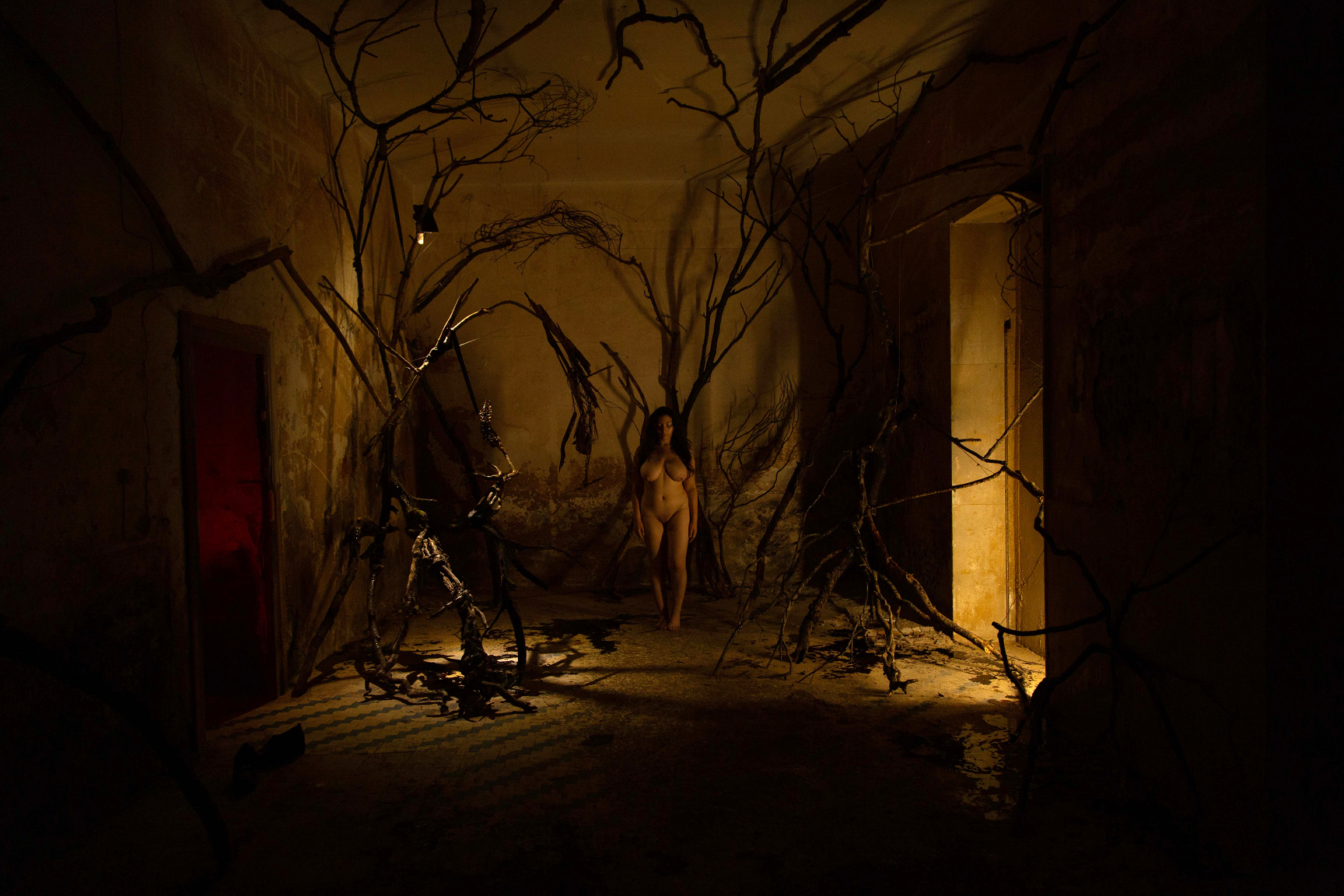
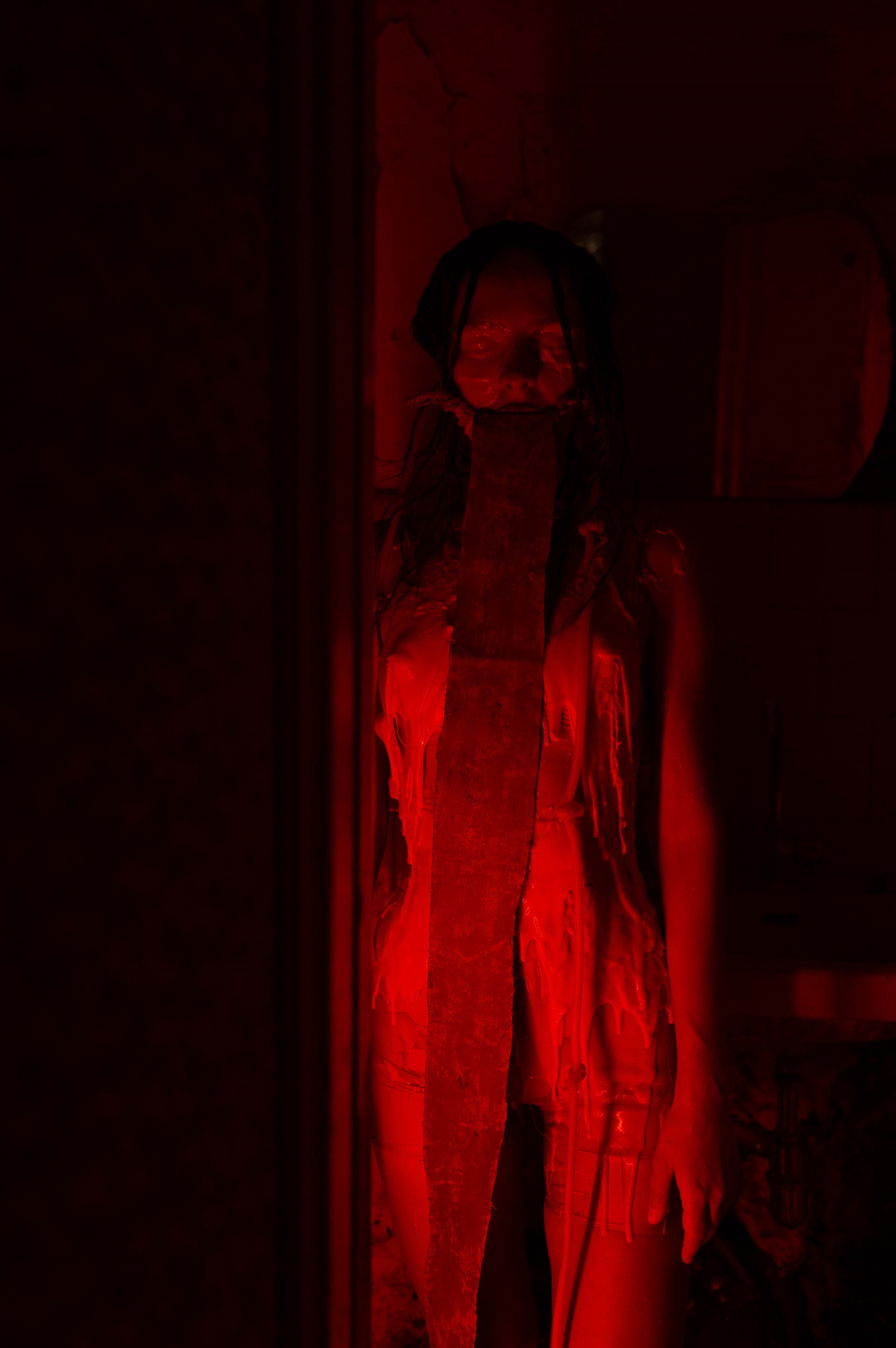
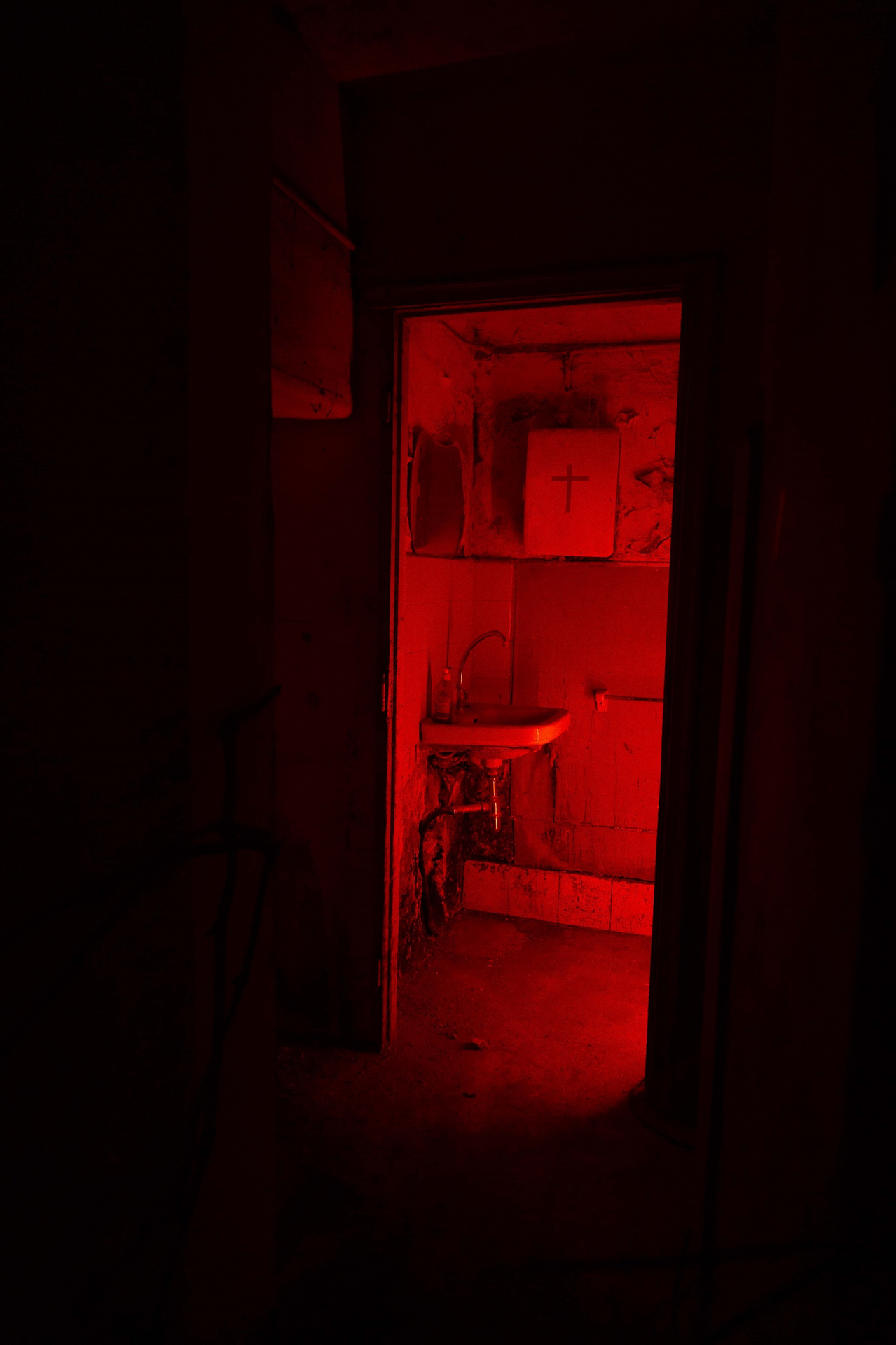
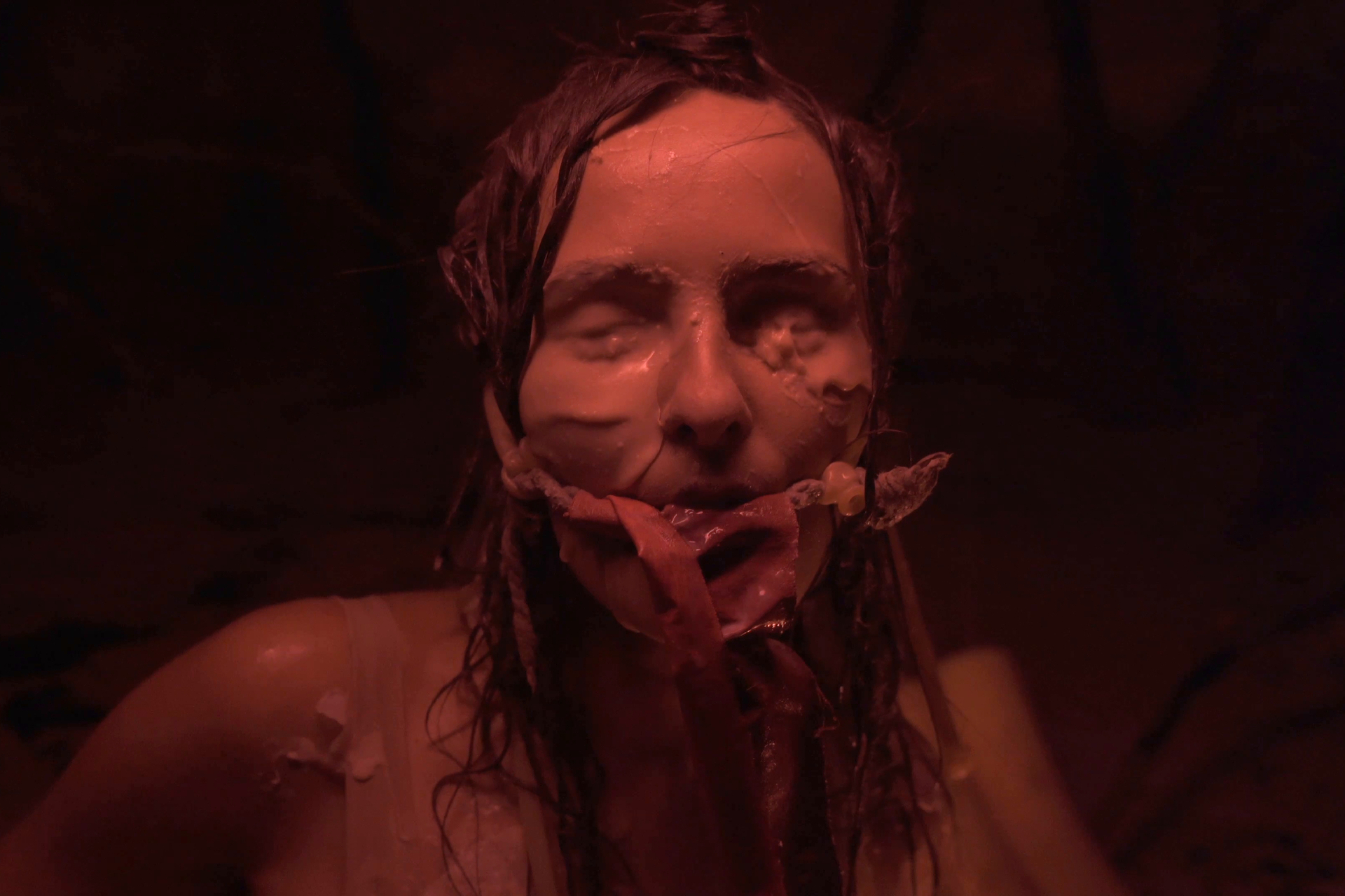
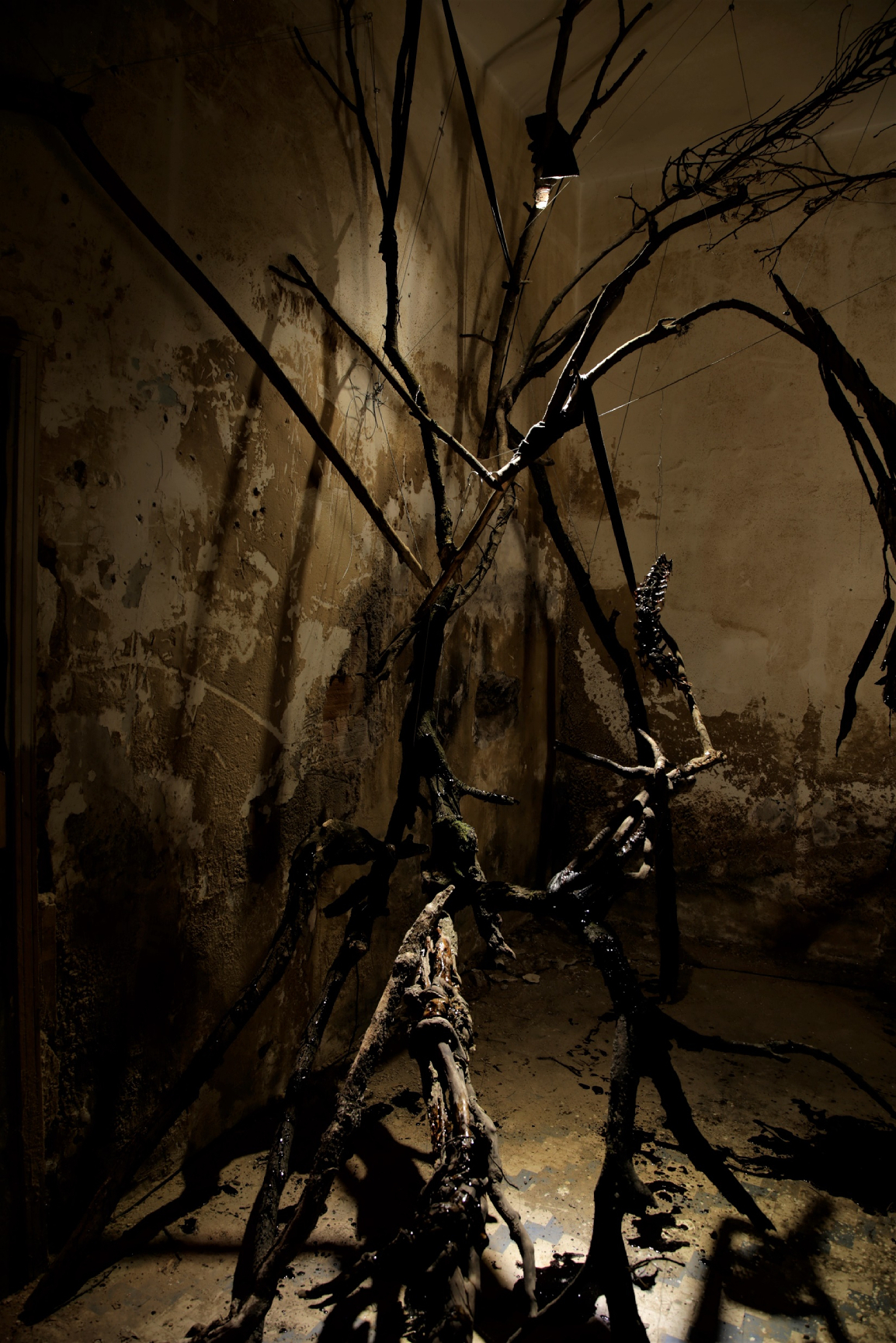
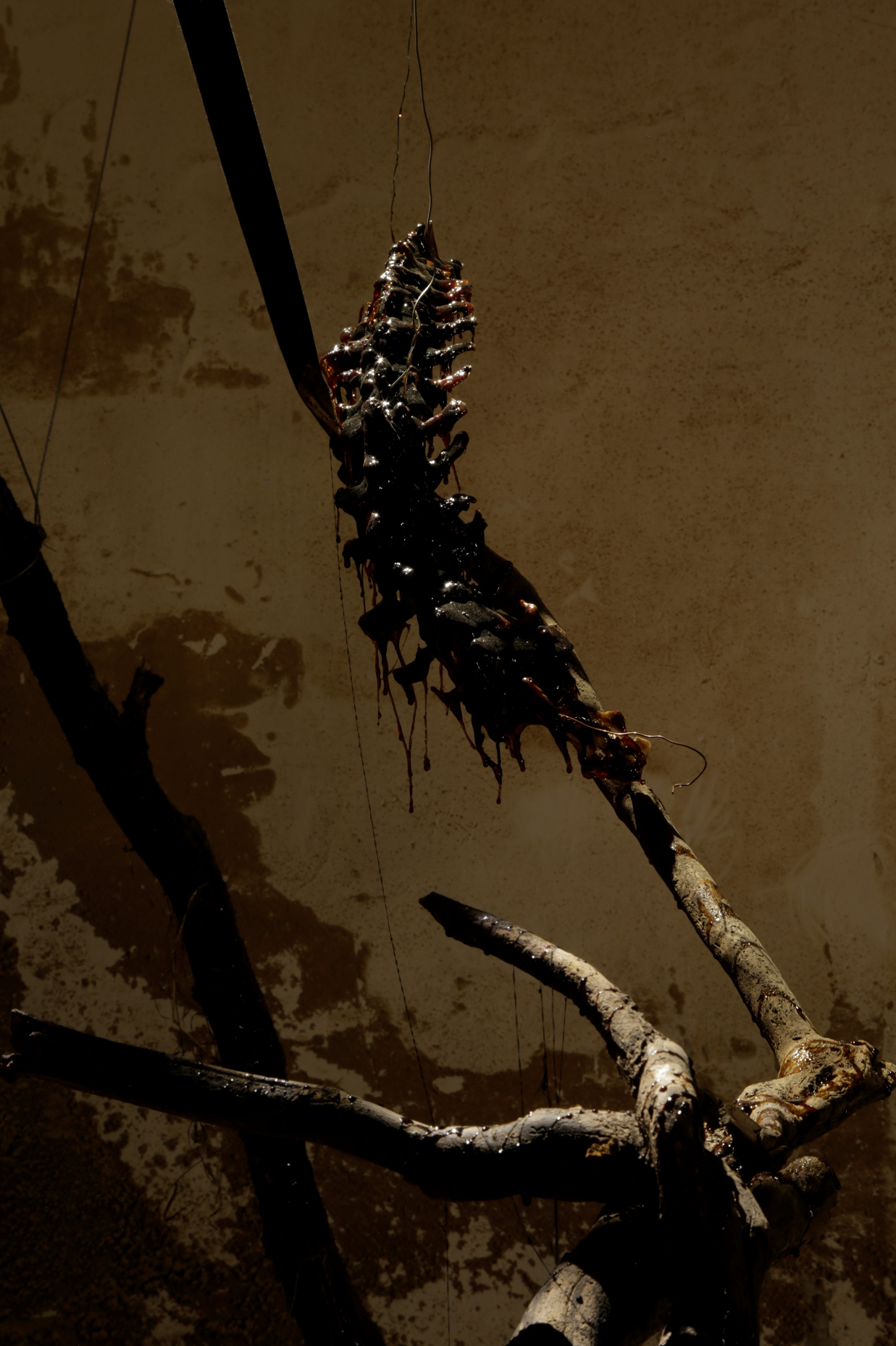
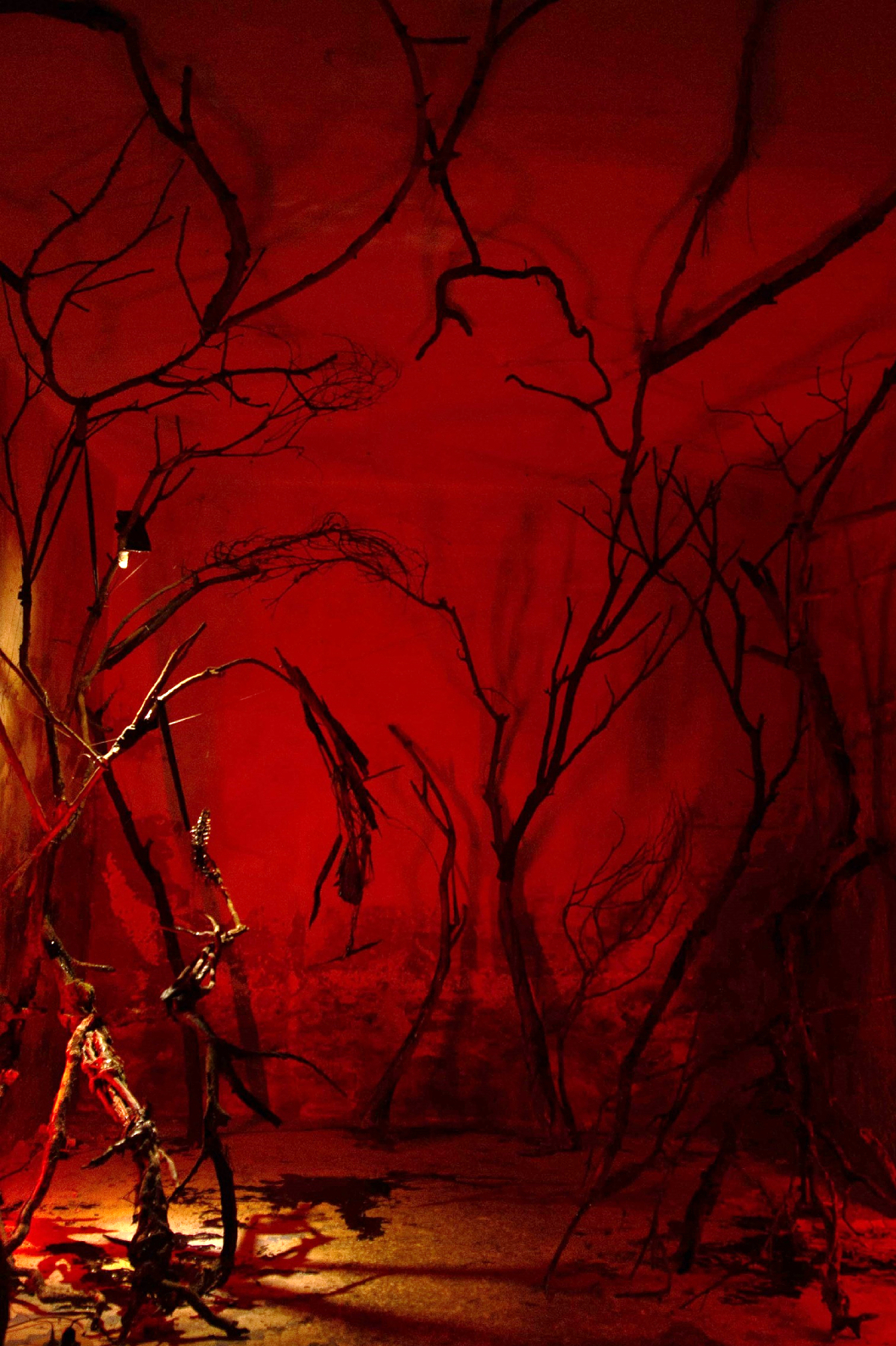
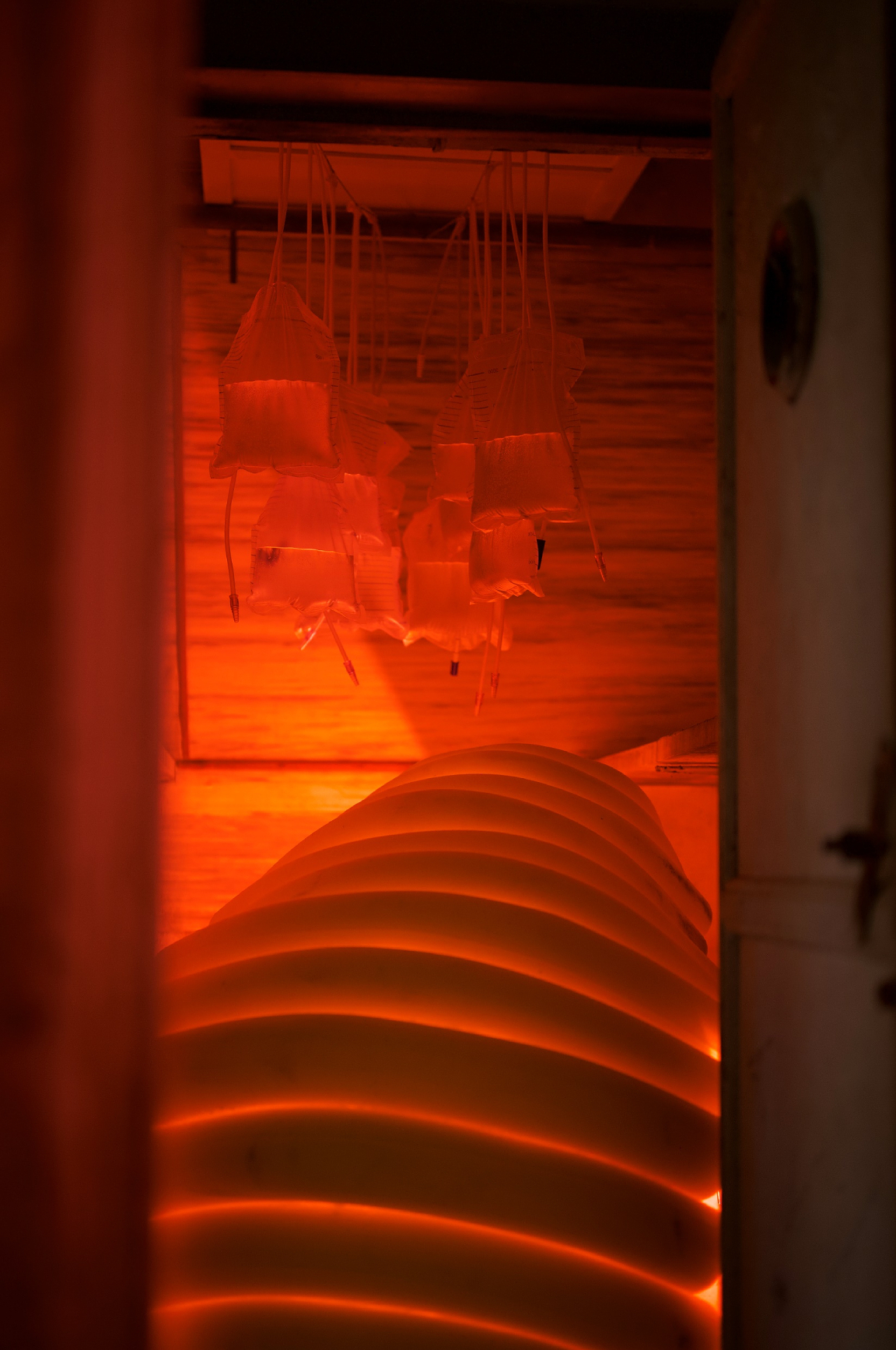
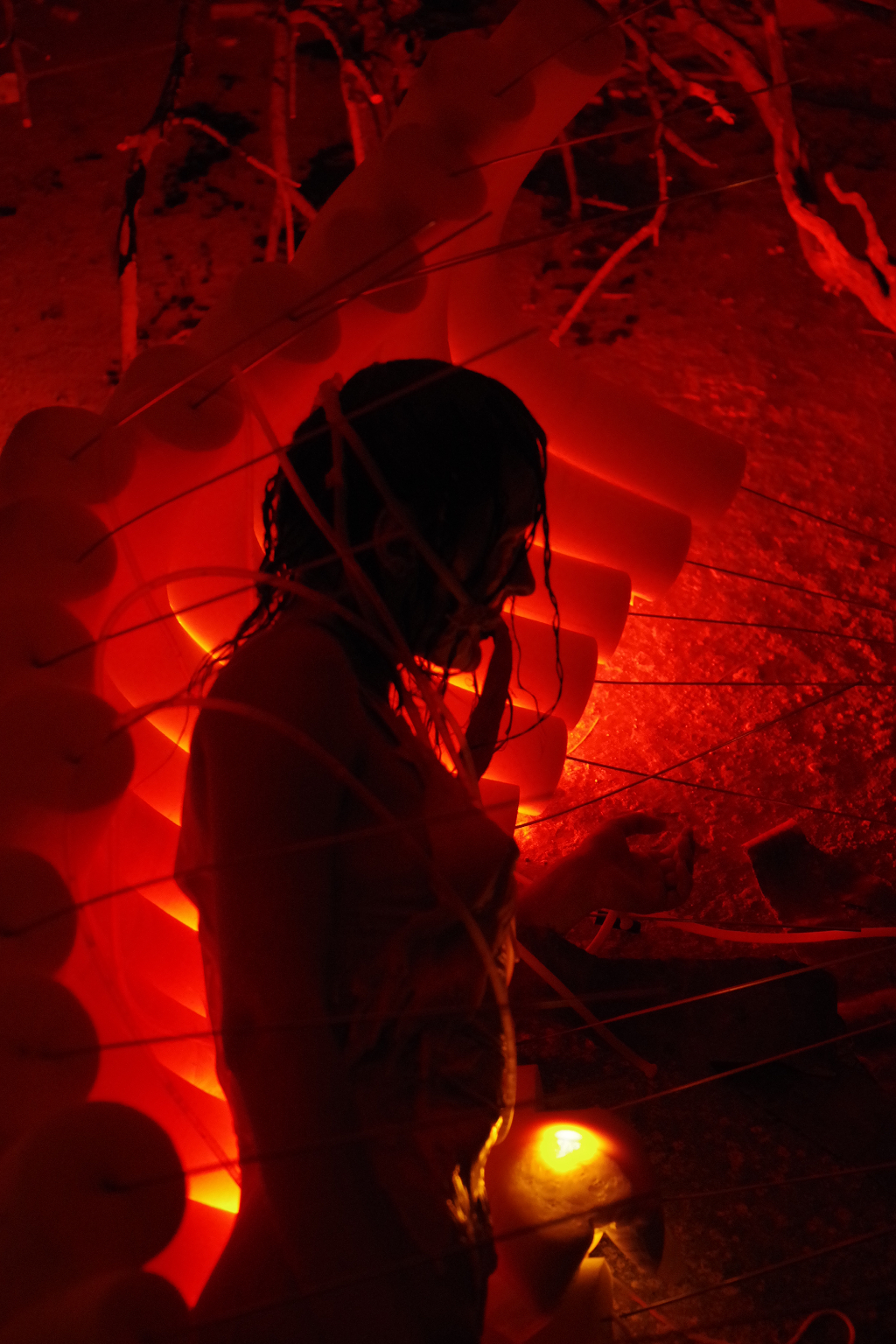
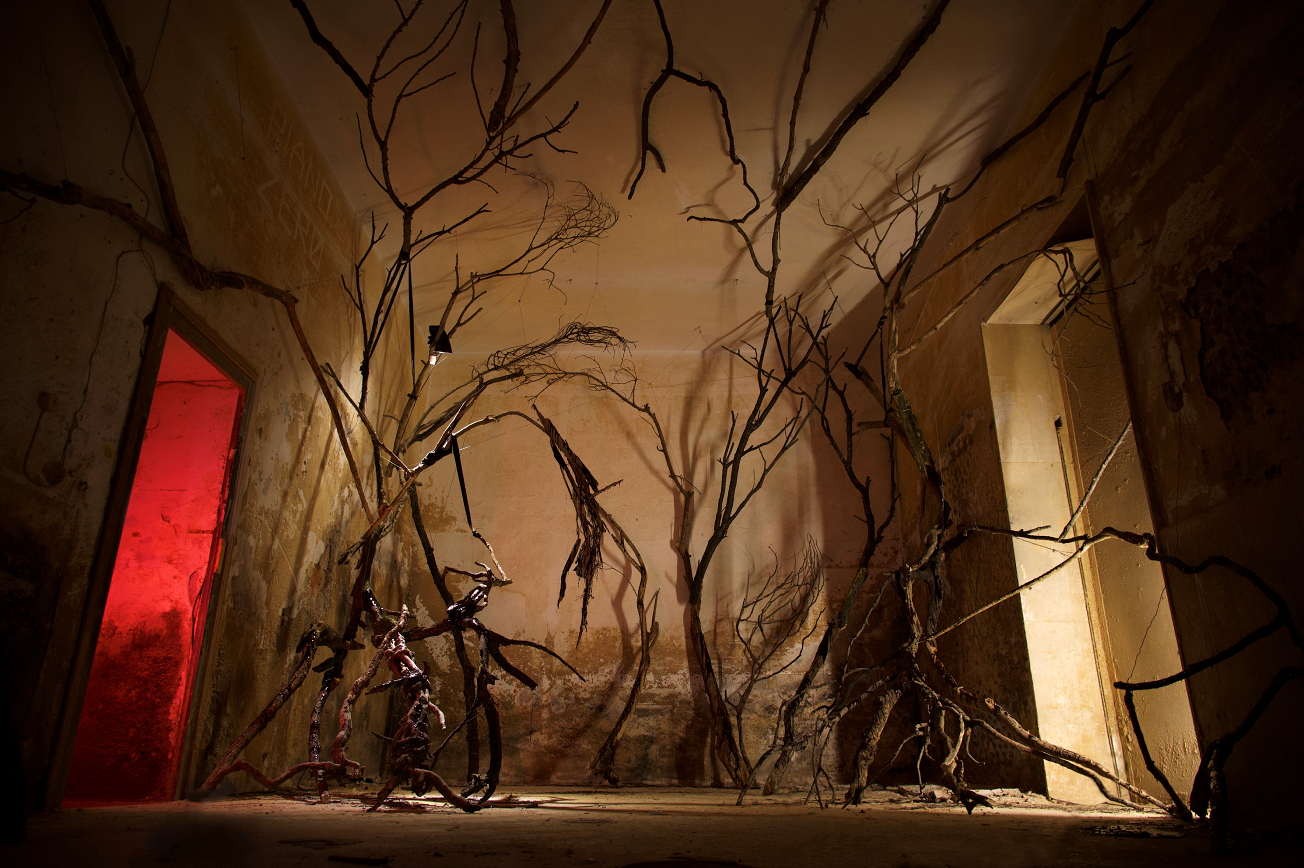
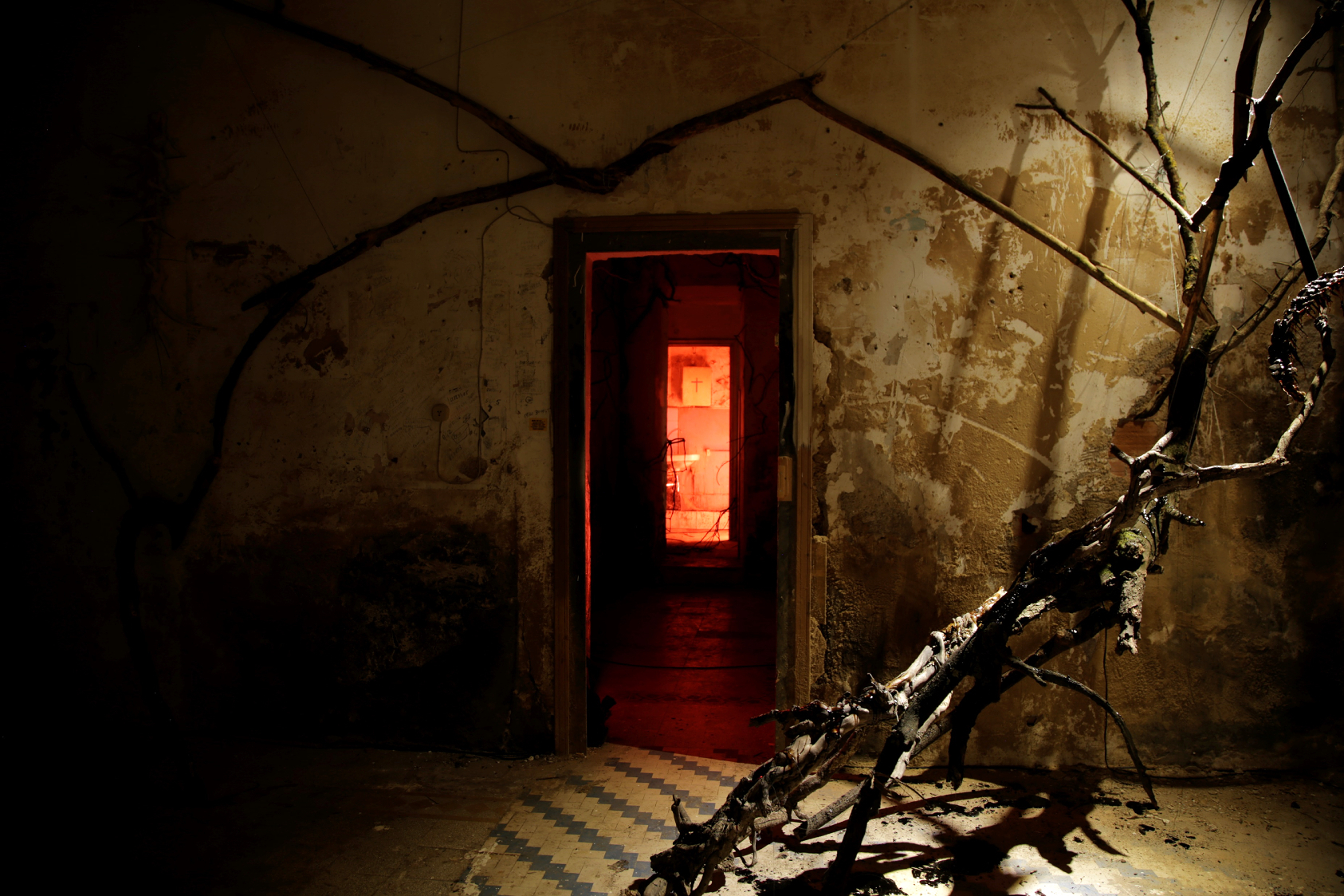
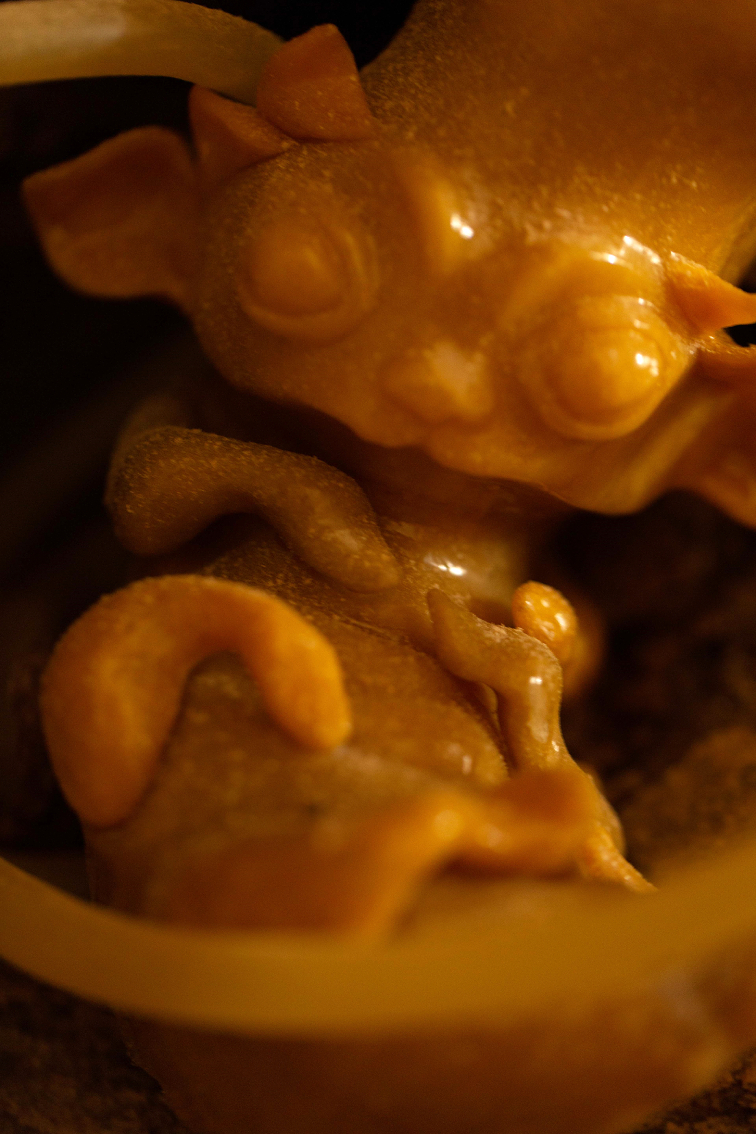
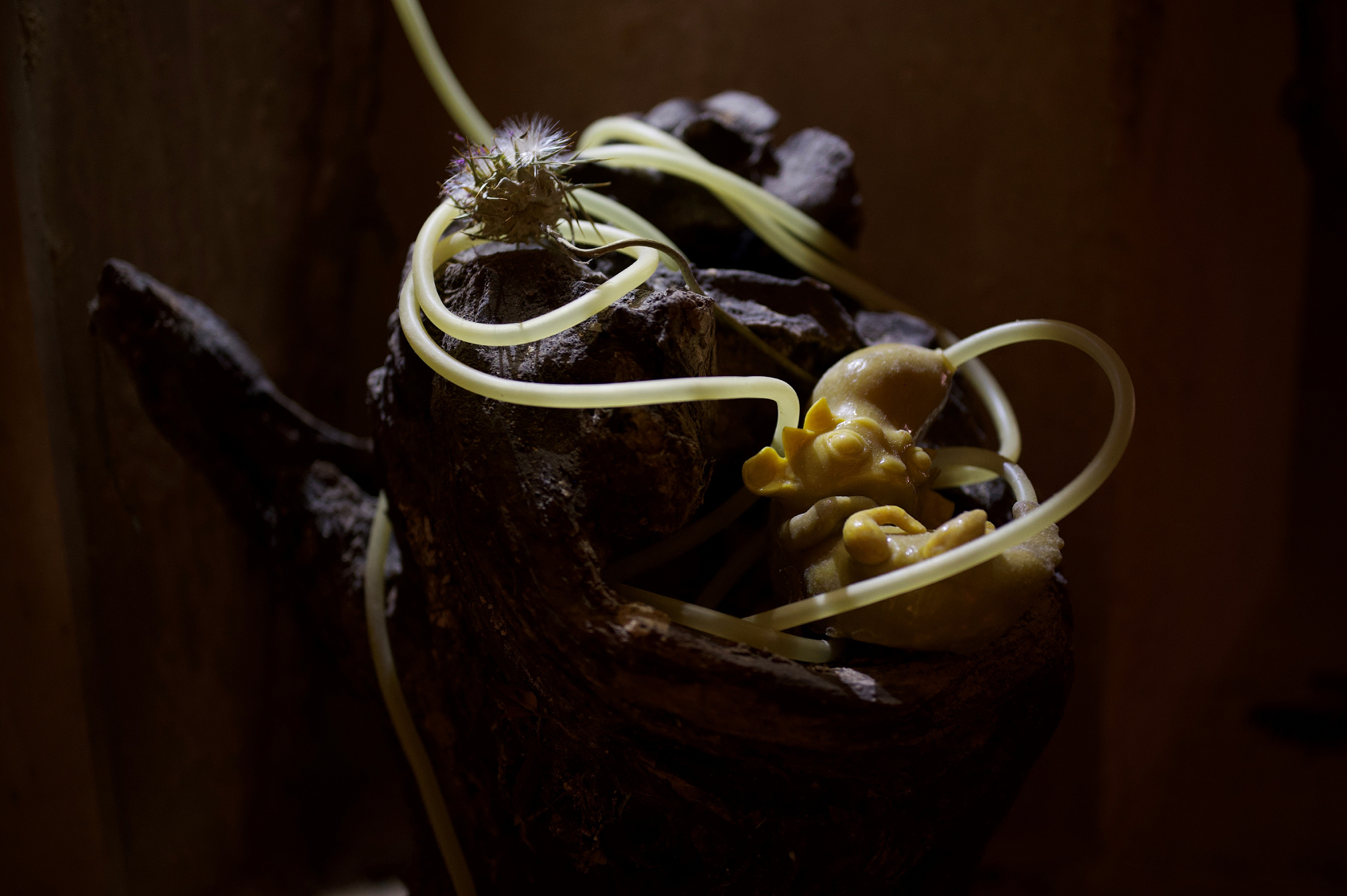
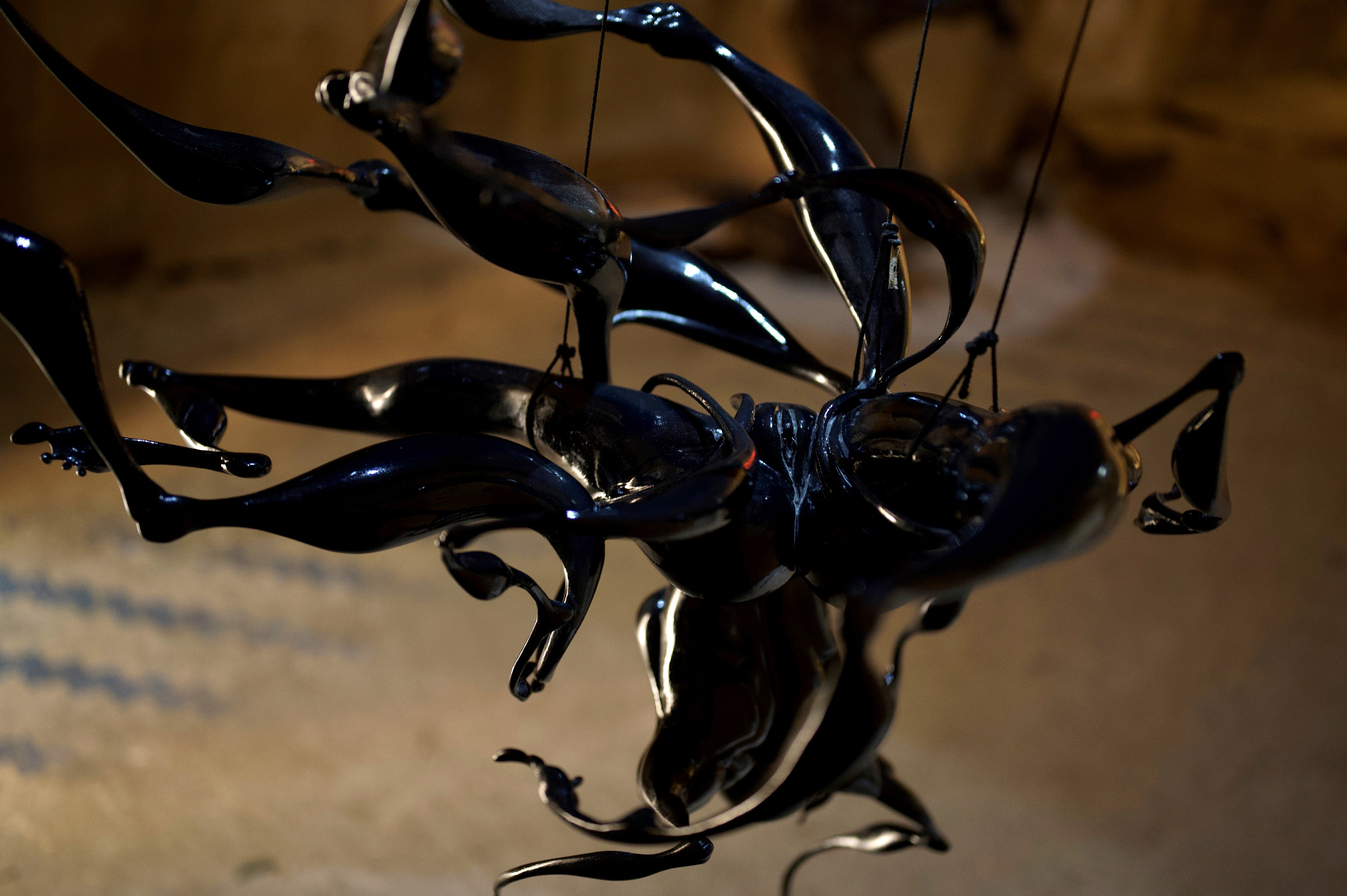
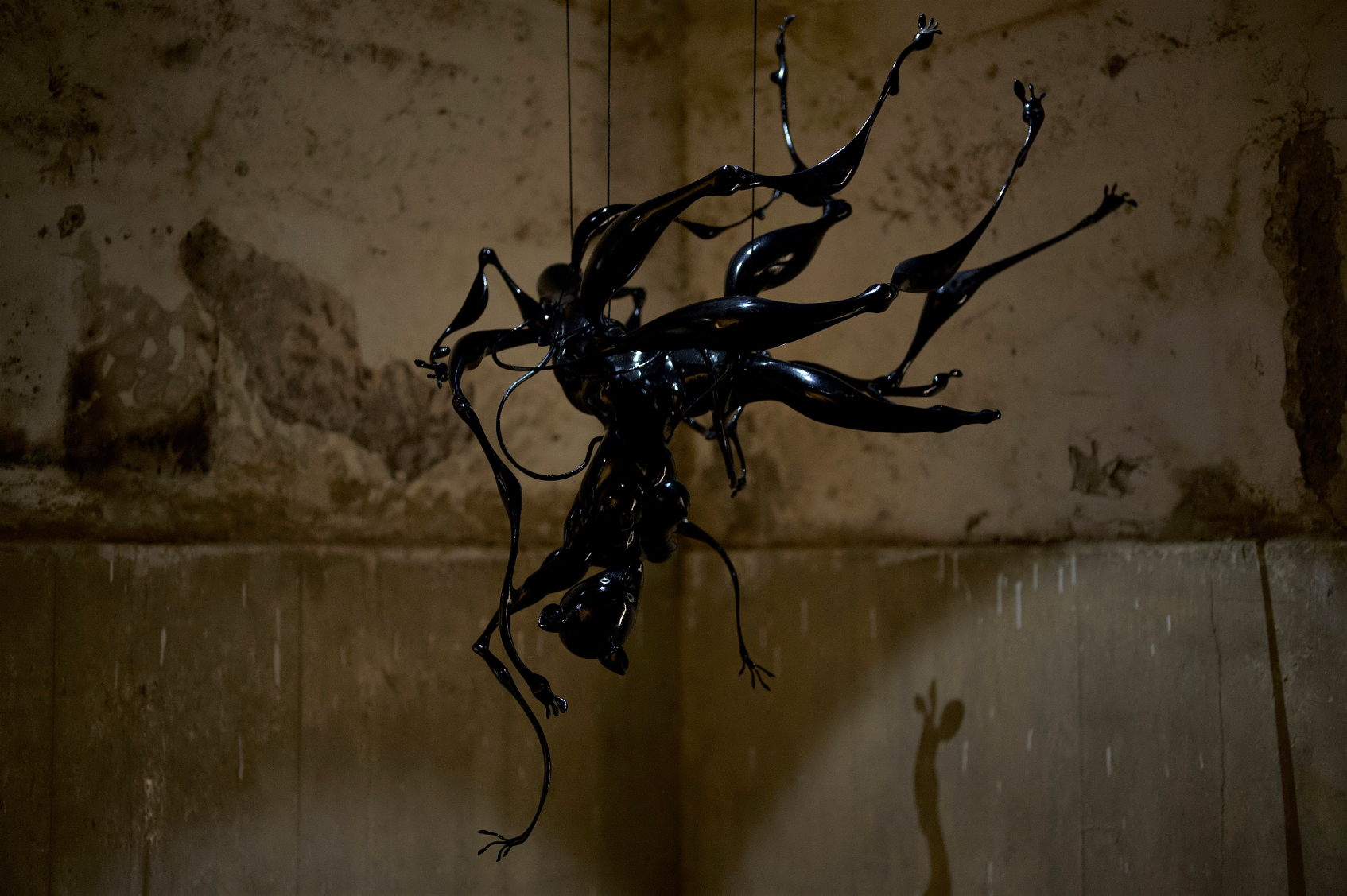
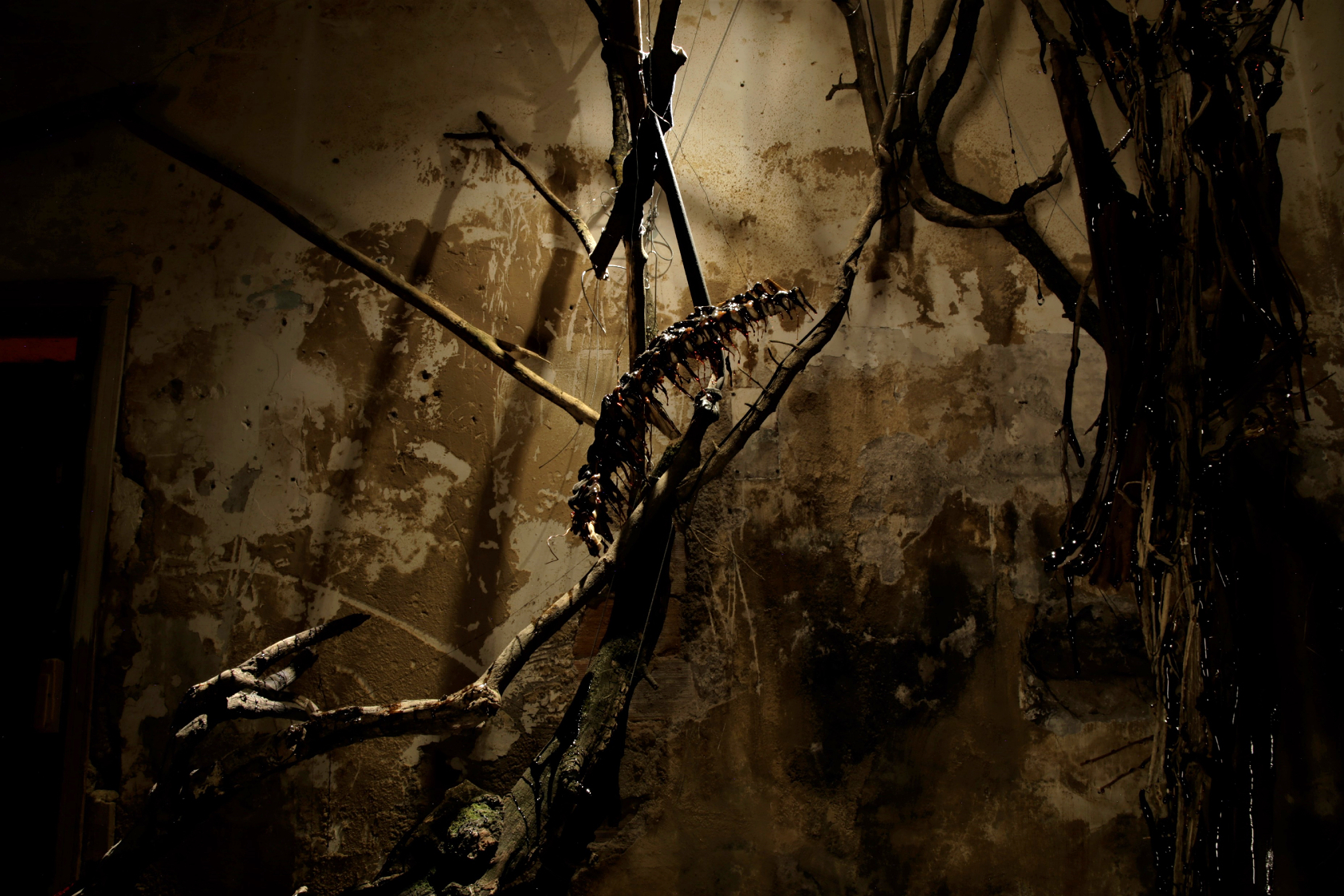
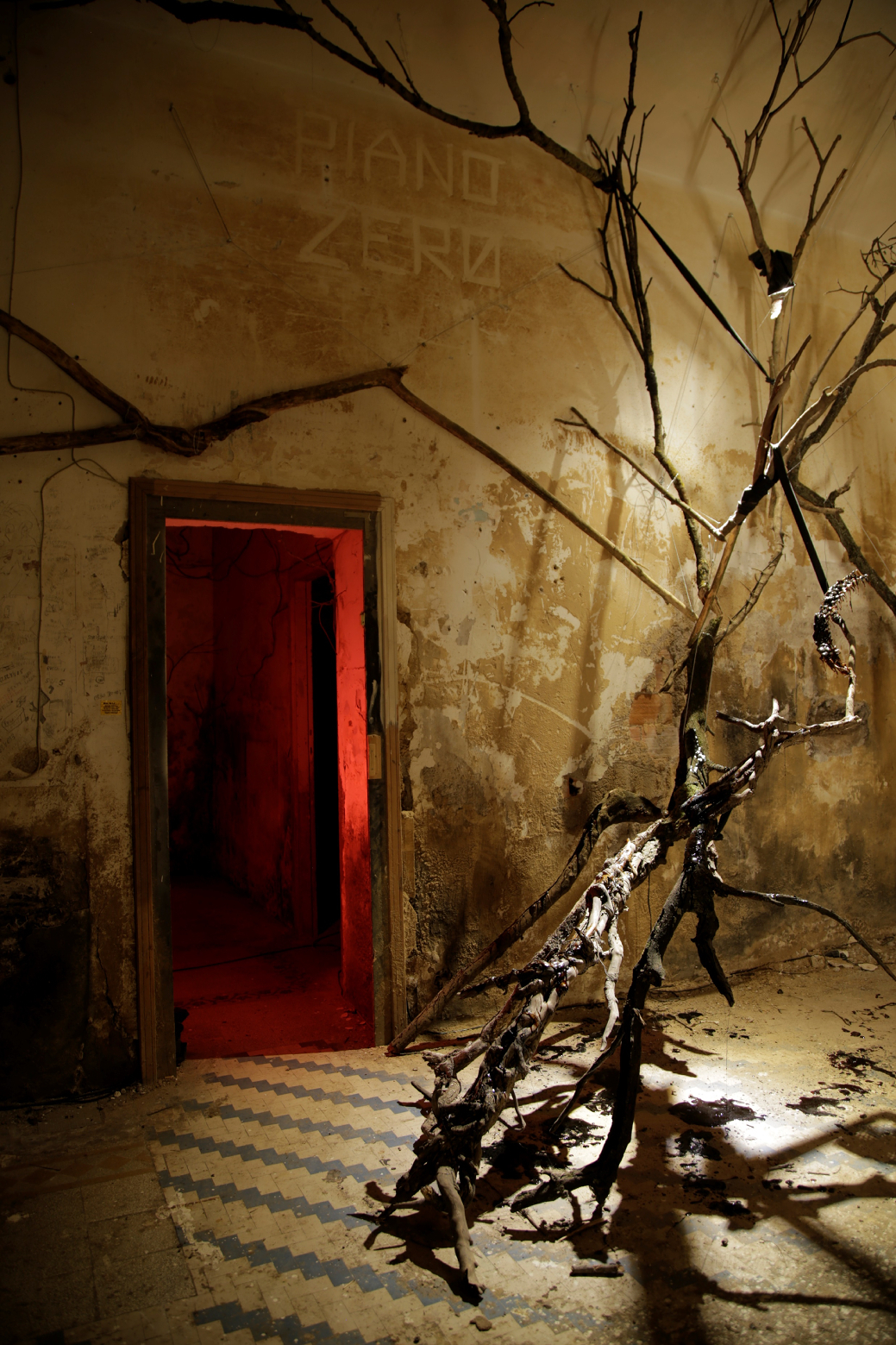
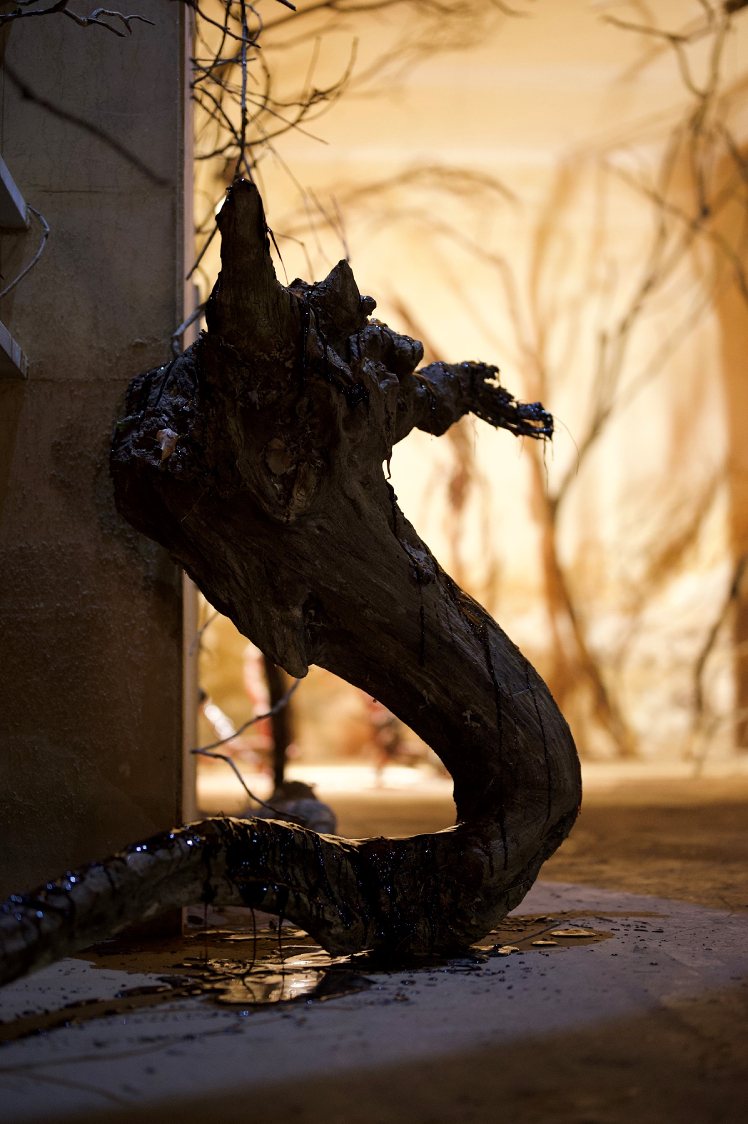
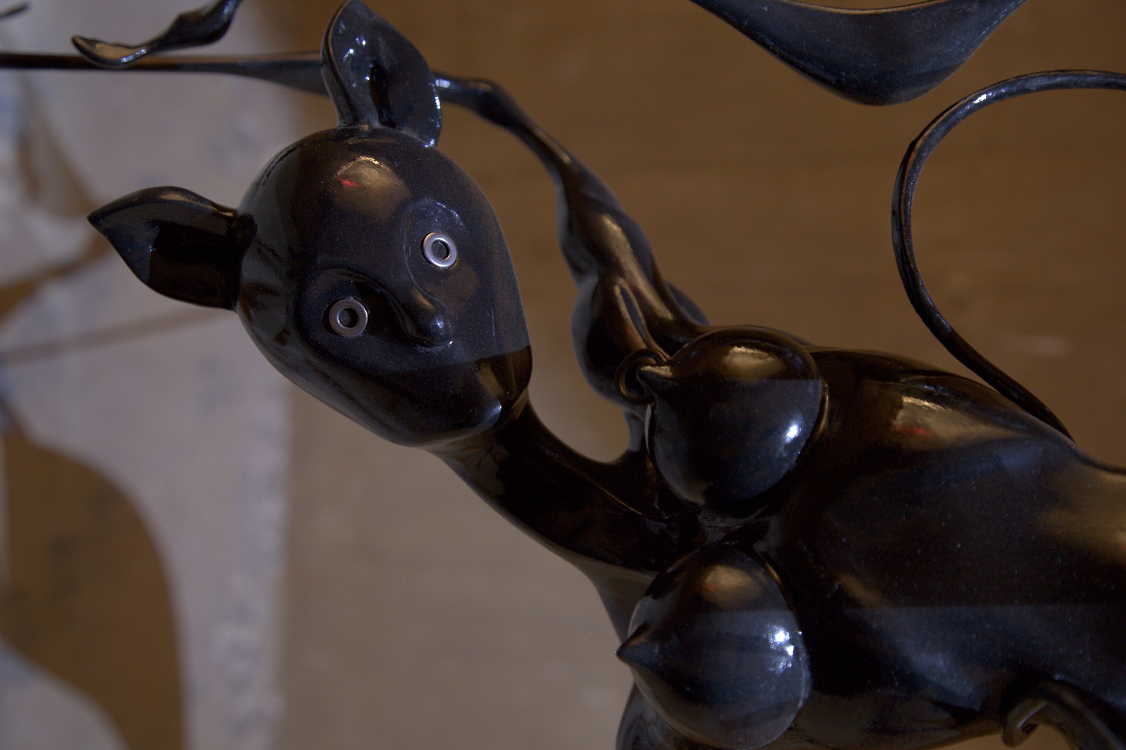
Location
Piano ZeroDate
16.06 –22.06.2022Curator
Stefania Plaza MoraPhotography
Patrizio Gentile, Oleksandr Radomskyi, Daniele AllegrittiSubheadline
OHII KATYA MORULA, 2022 Site-specific installation, including sculptures, video, performance, and sound. CURATED BY STEFANIA PLAZA MORA AT PIANO ZERO SOUND DESIGN MICHELE PAPA DIRECTOR OF "BALIA" VIDEO PERFORMANCE FINN O’HANLON 1st ASSISTAND DIRECTOR GABRIELLA TRULLI PRODUCTION ASSISTANTS: OLEKSANDR RADOMSKYI STEFANIA PLAZA MORA TILDE KAY SNYDER DAMIANO TATA NIKA VARLAMOVA FLAMINIA MAURA PHOTOGRAPHERS: PATRIZIO GENTILE DANIELE ALLEGRITTI OLEKSANDR RADOMSKYI FUNDED AND SUPPORTED BY OLEKSANDER RADOMSKYI AND STEFANIA PLAZA MORAText
Morula is one of the early stages of gestation which pertains to most living creatures. The term, morula, derives from the Latin morus (mulberry) because of the cells' clustered structure.
Each organism undergoes a series of metamorphoses during its life cycle, returning to its origin in the end, dying, and being reborn as something new.
Ohii's site-specific installation is a dark dive into instinctive desire and intense, even violent processes of metamorphosis.
In her first solo exhibition at the off-site temporary space Piano Zero, an ex-carpentry workshop, and grocery store, Katya Ohii explores the themes of transformation of an entity, linked to the ancient symbol of the Right-hand and Left-hand Path.
Ohii’s research delves into the Left-hand Path—fast, often brutal, and dangerous to the life and mental health of the individual.
In more recent definitions, based on the terms' origins in Indian Tantra, the Right-Hand Path and the Left-Hand Path adopt opposite attitudes but have the same goal in the end.
Opposed to the Right-hand Path, the Left-hand Path is often painful and abrupt, but most accessible and familiar for the majority in the ever-accelerating modern world.
MORULA occupied 64 square meters of space in total.
It consisted of eleven sculptural objects, one massive wooden structure, splashing out to the corridor, sound installation, and video performance.
The exhibition path is circular.
The first room is filled with hybrid creatures in the process of formation.
Fluid and erotic, they are fetuses in the gestation phase with both artificial and organic features, uncanny and attractive at the same time.
Here we find soft, nocturnal lighting to symbolize the darkness before birth.
Then, we move forward to the massive 20-square-meter wooden structure—the installation MORULA that embodies the Path of the Right and Left hands, a fork between internal moral choices.
The fallen branches for MORULA were taken from three different forests in Rome and covered with caramel, which was constantly melting and transforming during the exhibition, accompanied by the sound design by Michele Papa, which was specially created for the MORULA installation.
At the end of the exhibition, we meet the Mother—BALIA—the personification of the return to the origin.
The soft sculpture, made of metal wires, styrofoam rolls, and IV fluid solution bags filled with soy milk, was a central object and hosted the performer inside its body.
This performance, which took place during the week of the exhibition, resulted in a short film in collaboration with Australian artist and director Finn O’Hanlon.
The video work and performance BALIA acts to summarize the main conceptual essence of the exhibition.
This work depicts the borderline state of an entity going through a metamorphosis, an intense and dangerous experience that causes the rapid evolution of consciousness.
Text by Stefania Plaza Mora
Stefania Plaza Mora